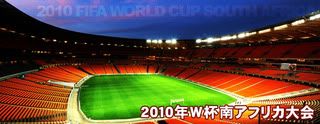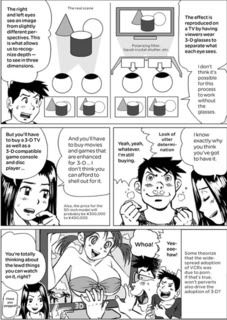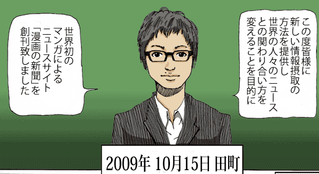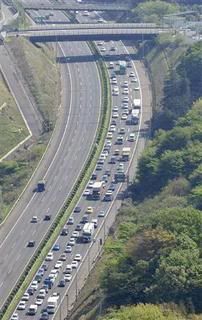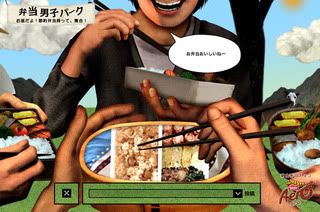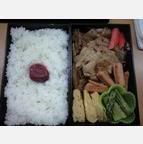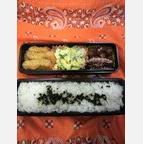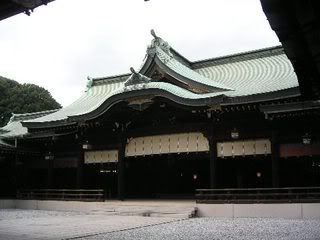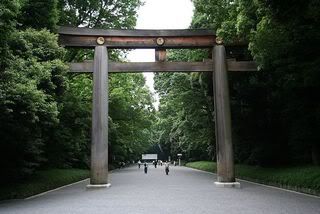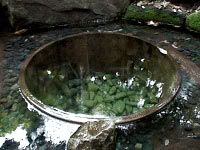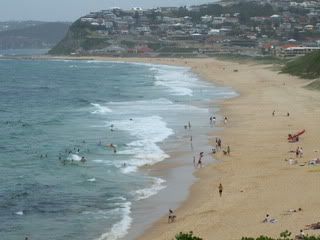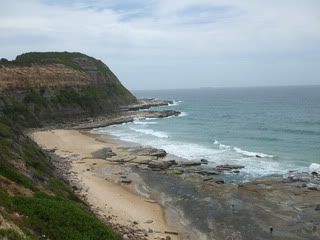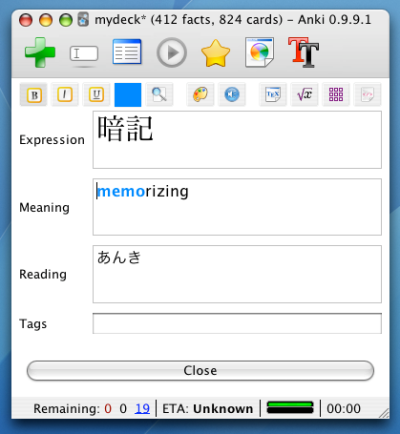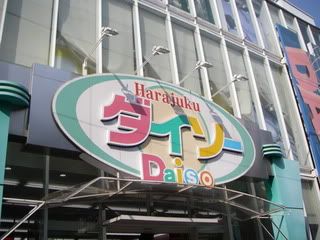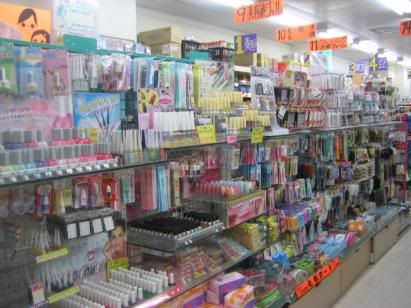みなさん、こんにちは!
I think the number of non-Japanese speakers who speaks very good Japanese has increased.
I am impressed when I see someone who is reading Nikkei Shimbun (Japanese Economic Newspaper) or Japanese paperbacks on the train.
Nikkei Shimbun is short for Nihon Keizai(economy) Shimbum(newspaper) and often called Nikkei.
Many people who study Business Japanese want to be able to read Nikkei.
I read an article titled “Business people reading Nikkei which is ambitious and a very high bar”
Not to mention, this is about Japanese people.
It means they are trying so hard to read difficult Nikkei Shimbun.
I think one in suit on the train reading Nikkei on the train looks cool more than reading Manga.
Nikkei.com
日本語が上手な方が以前に比べて多くなった気がします。
Nikkei.com
日本語が上手な方が以前に比べて多くなった気がします。
日本語(にほんご)が上手(じょうず)な方(かた):
one who speaks Japanese very well
one who speaks Japanese very well
以前(いぜんに)比(くら)べて: compare to before
多(おおく)くなった: increase the number of
気(き)がする: feel like
電車の中で日経新聞や文庫本を読んでいる方を見ると、「おぉ!」と感心します。
電車(でんしゃ)の中(なか)で: on the train
日経(にっけい)新聞(しんぶん): Nikkei Shimbun
文庫本(ぶんこぼん): paperback book, pocketbook
~を読んでいる方(かた): one who reads ~
おぉ!: wow!,
感心(かんしん)します: admire, impress,
日経新聞は日本経済新聞の略で、よく日経と呼ばれています。
経済(けいざい): economy
略(りゃく): for short, abbreviated
~と呼(よ)ばれている: be called ~
そしてビジネス日本語を勉強している方は日経が読めるようになりたいという希望が多いですね。
そして: and
読(よ)めるようになりたい: want to become to be able to read
~という希望(きぼう): hope, wish, expect which is ~
「憧れるけどハードルが高い日経を読んでいるビジネスマン」というタイトルのインターネットの記事がありました。
憧(あこが)れる: long for, yearn
ハードルが高(たか)い: high bar
記事(きじ): article
これはもちろん日本人のことです。
つまり、難しい新聞をがんばって読んでいる、という意味です。
つまり: in other word
~という意味(いみ)です: it means that ~












